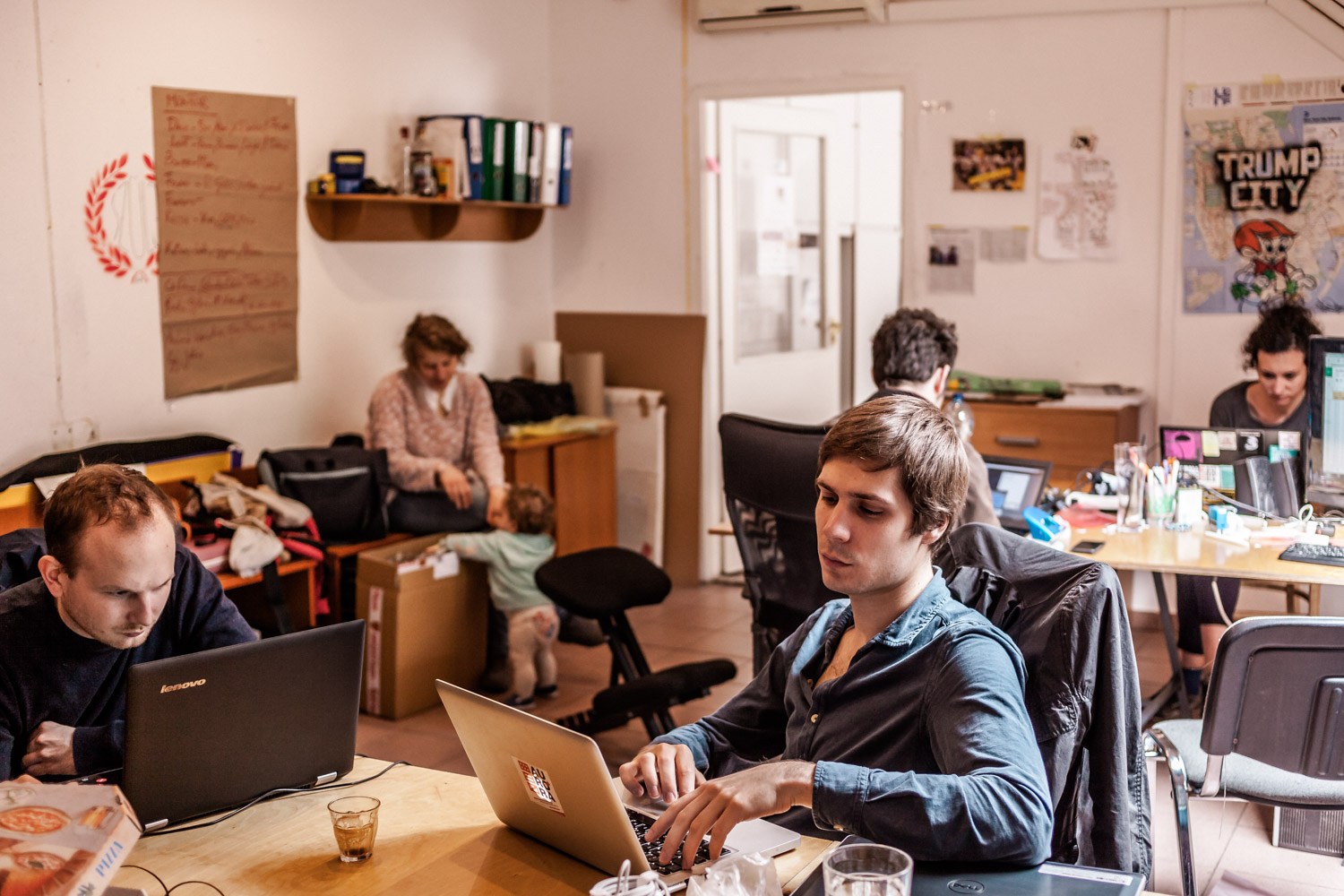A kép illusztráció
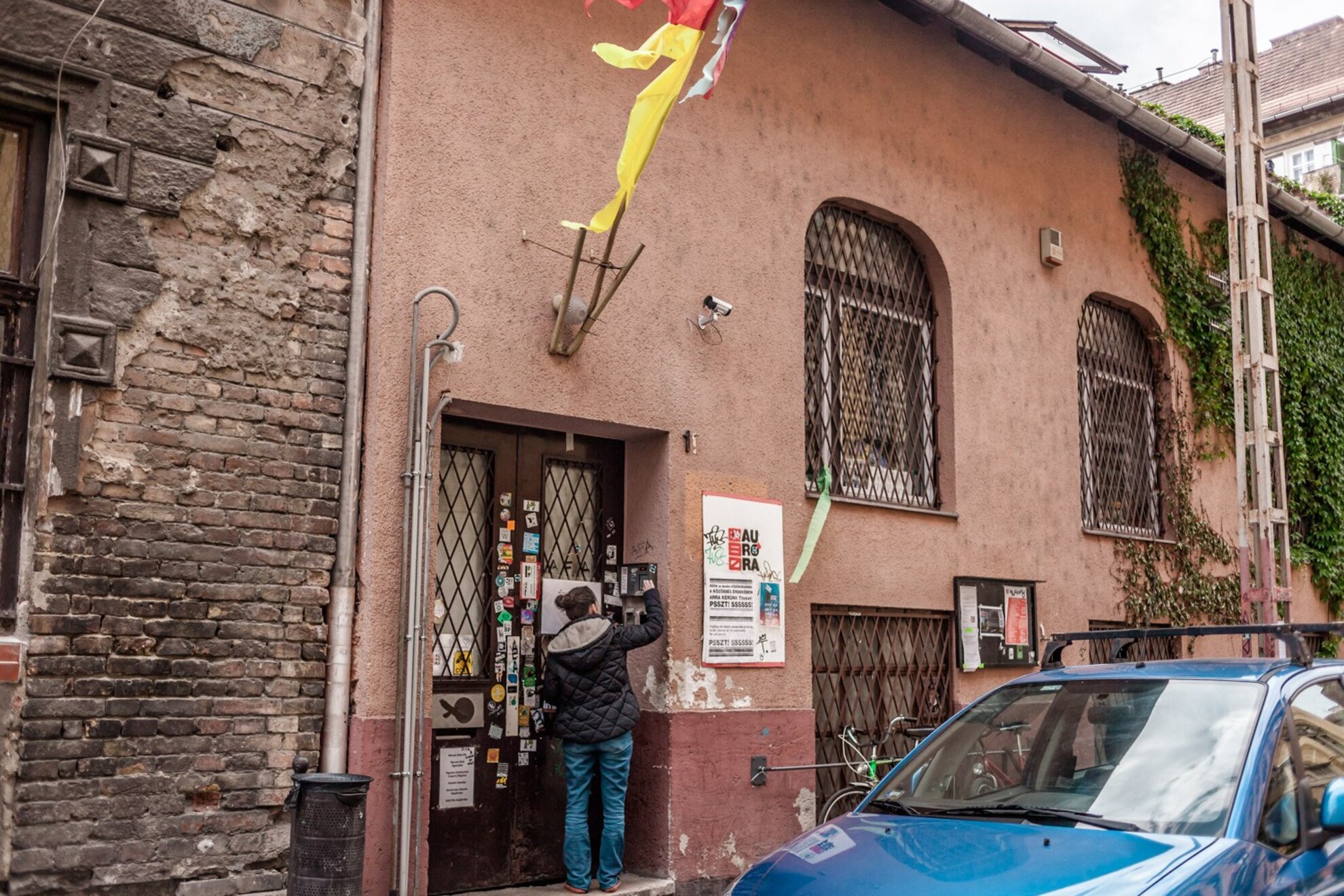
Deep in District VIII, a lone rainbow flag adorns a run-down building. Auróra Street 11 is a warren of rooms scattered with scant furniture, hand-crafted wooden chairs, tables and shelves, complemented with battered old sofas and numerous stickers on various surfaces. The smell of freshly cooked food fills the air as you step inside the main area of this strange but welcoming multifunctional facility – a bar and café, canteen, concert venue, exhibition space, makeshift cinema and, every two weeks, part synagogue.
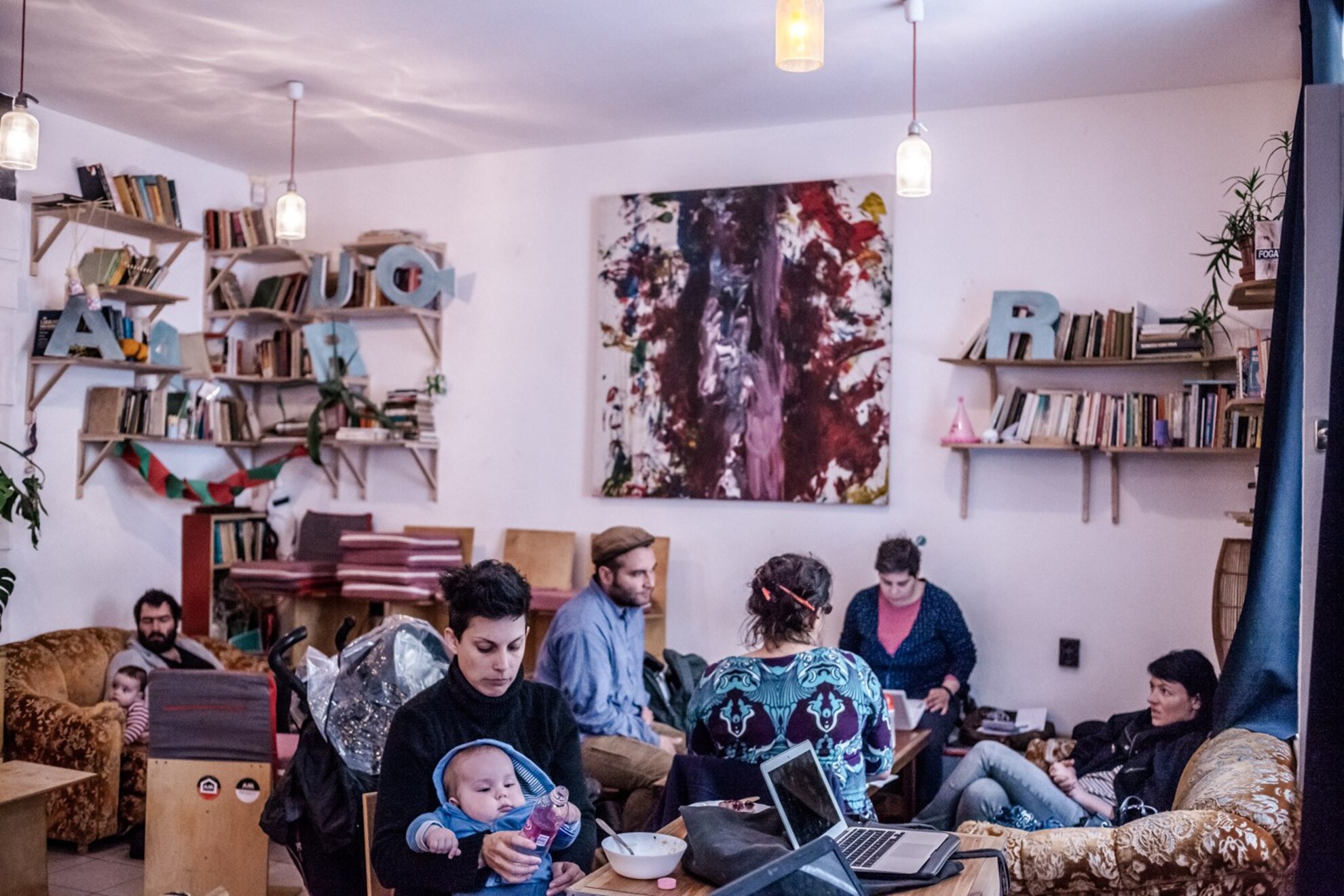
Auróra is a social enterprise founded by a local Jewish association, Marom Budapest, back in 2014 with the explicit goal of aiding activist organizations and building a community that is both sensitive and responsive to social issues. The first floor of this three-story building provides a space for eight non-governmental organizations that focus on marginalized and stigmatized groups, while the ground floor functions mainly as a community area open for all, as well as a venue for workshops, cultural events and roundtable discussions.
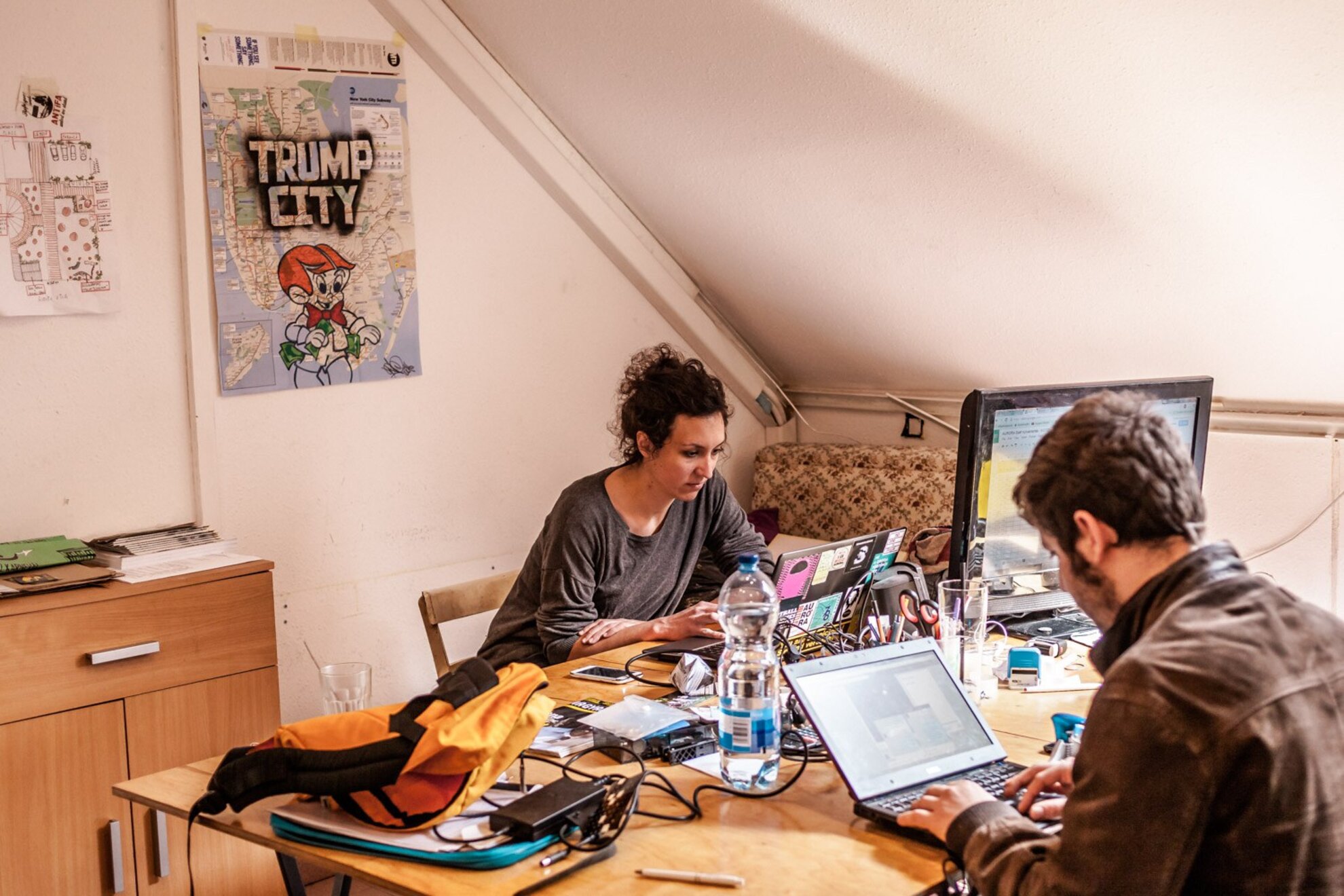
The cozy café area is perfect for working or studying during the day, and ideal for smaller lectures and discussions in the evening. The basement is reserved for concerts with a separate bar of its own. Last summer, these activities were disrupted when police raided Auróra in June and arrested a handful of guests. Instead of being satisfied with seeing these individuals punished, the local council also revoked Auróra’s entire business license, preventing it from selling food or drink, and thus undermining its main source of income.
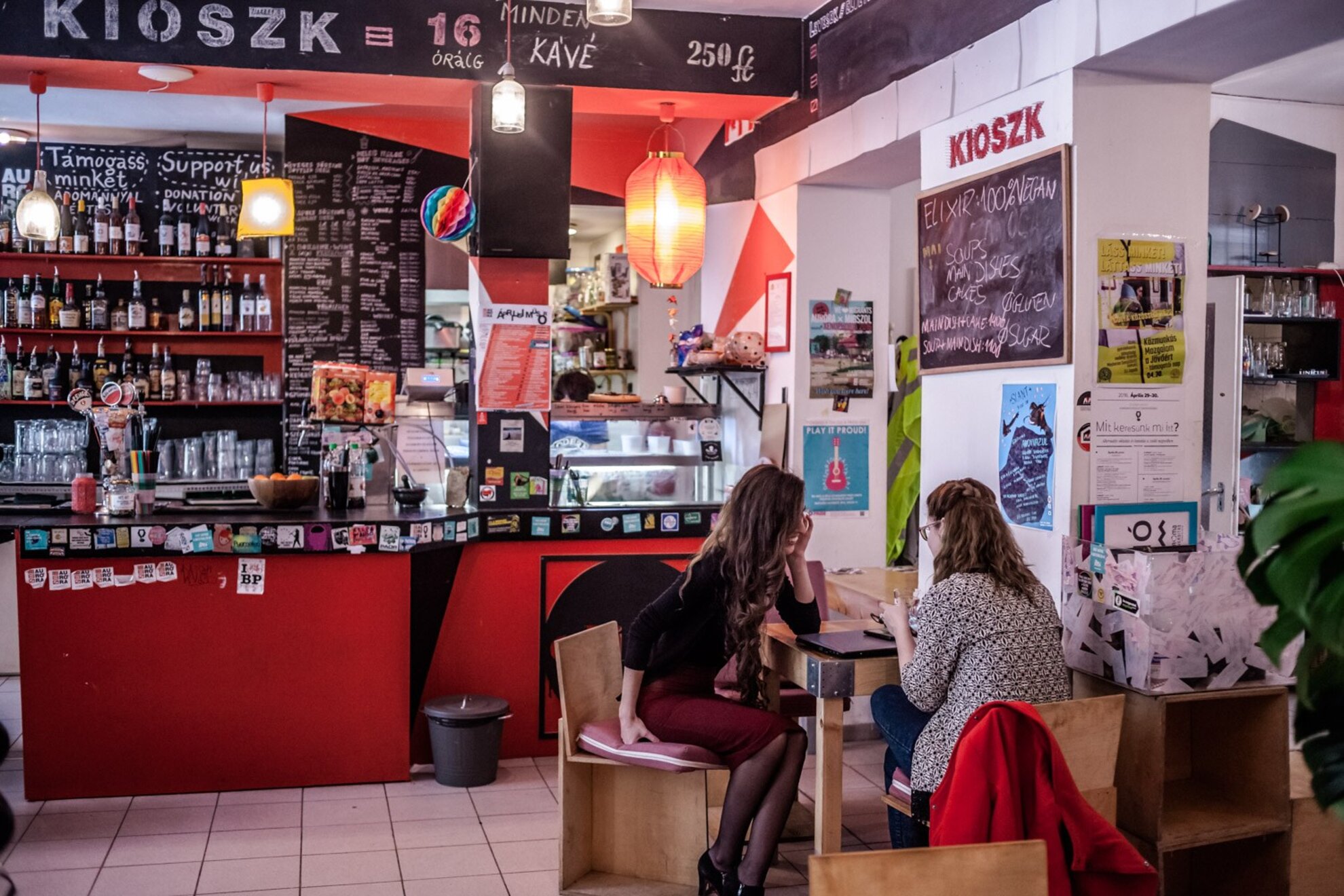
Shortly after the closure, Auróra launched a crowdfunding campaign to cover the shortfall in income and prepared to recover its business license in the courts. By the end of August, the council’s decision was declared unlawful and annulled. Thanks to supporters’ donations, the bar was able to return to its original operation in October, following a charity night held on the first of September. The incident caused quite a stir in the public sphere, and Auróra’s triumph has gained symbolic status.
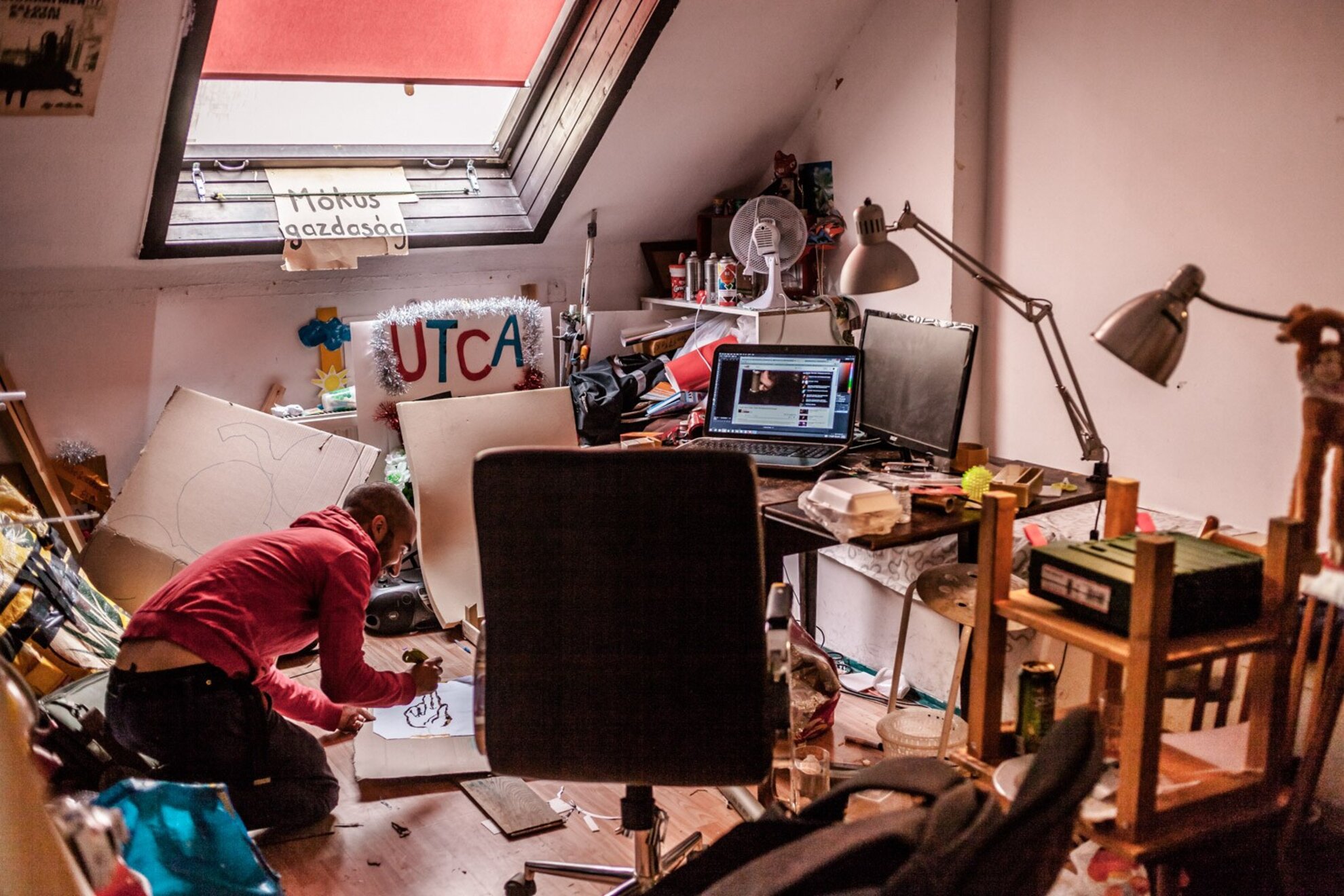
Roundtable discussions and free yoga are just as common here as regular Shabbat services hosted by Auróra’s own egalitarian synagogue – which can also be held in English if required. Occasionally, you can also watch movies in one of the semi-furnished rooms (in original language with Hungarian subtitles), participate in dance workshops and charity events, or just view the exhibitions set up across the many rooms.
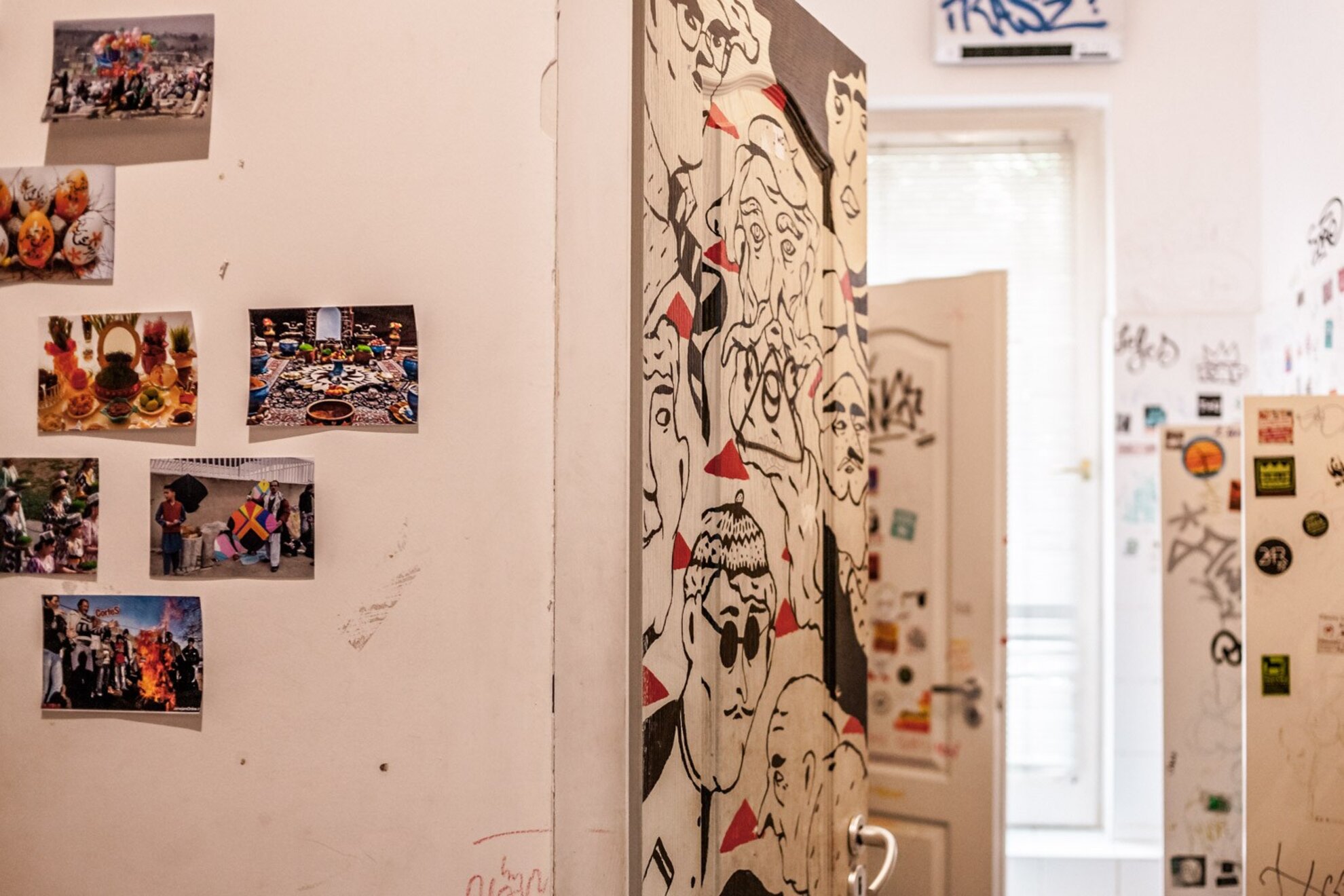
Currently, you can see a photo and short story exhibition by Júlia Bodolóczki, Vitiligo (running until November 16th). The regular agenda features beginner’s yoga classes every Monday from 8pm. This week, on Tuesday November 7th, an English-speaking roundtable discussion will focus on the immediate impact of the October Revolution on the LGBTQI community, and Wednesday will be the first day of a short music festival, highlighting Russia and Ukraine. Saturday November 10th sees a second-hand charity fair, the proceedings going to Charity Taxi, an organization that delivers donations from people’s homes to those in need.
There’s plenty to see and do in Auróra, but even if you’re not interested in any of these unconventional events, the bar is cheap enough for a few drinks, and the inner patio serves as a refreshing hangout during the warmer months.
